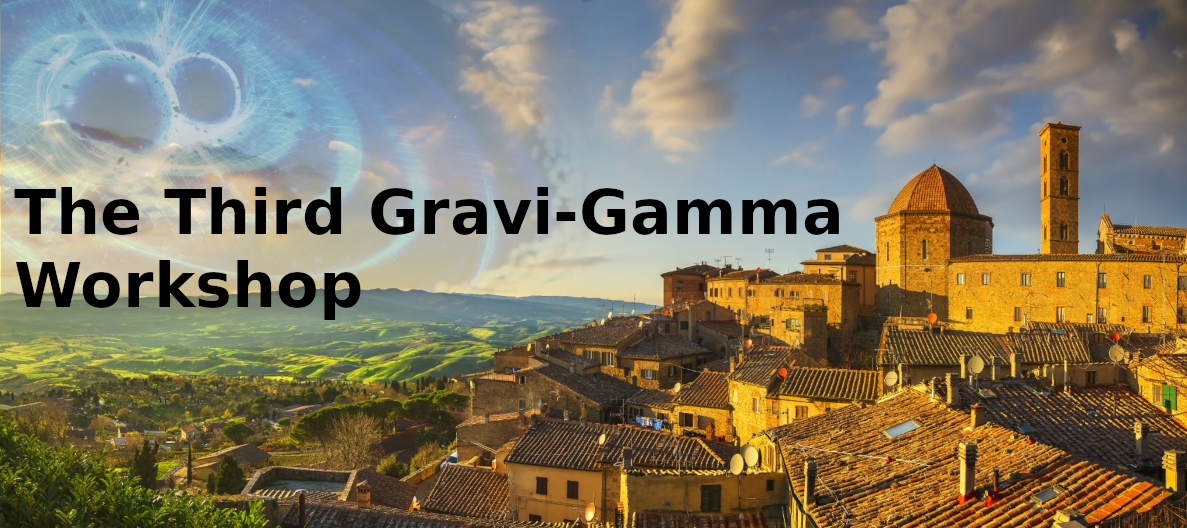Speaker
Description
About one hundred years ago, Edwin Powell Hubble made the first measure of the rate of expansion
of the Universe but still today different techniques of investigation lead to different results. This
dilemma is called Hubble tension and gravitational waves play a key role in its resolution.
The talk focuses on BBH mergers, called dark standard sirens in cosmological applications, and on
the possible use of statistical Bayesian methods.
The study of the rate expansion of the Universe with BBH involves also the use of galaxy catalogues,
as GLADE (v 2.4) which turns out to be an excellent complete catalogue in B-band.
We set out to define a parameter that can estimate the completeness in the 90% credible volume of
a GW event within the framework of the Virtual Observatory.
The completeness coefficient C has been derived for each gravitational event detected in the first
three observational runs of LVK (O1, O2 and O3a).

